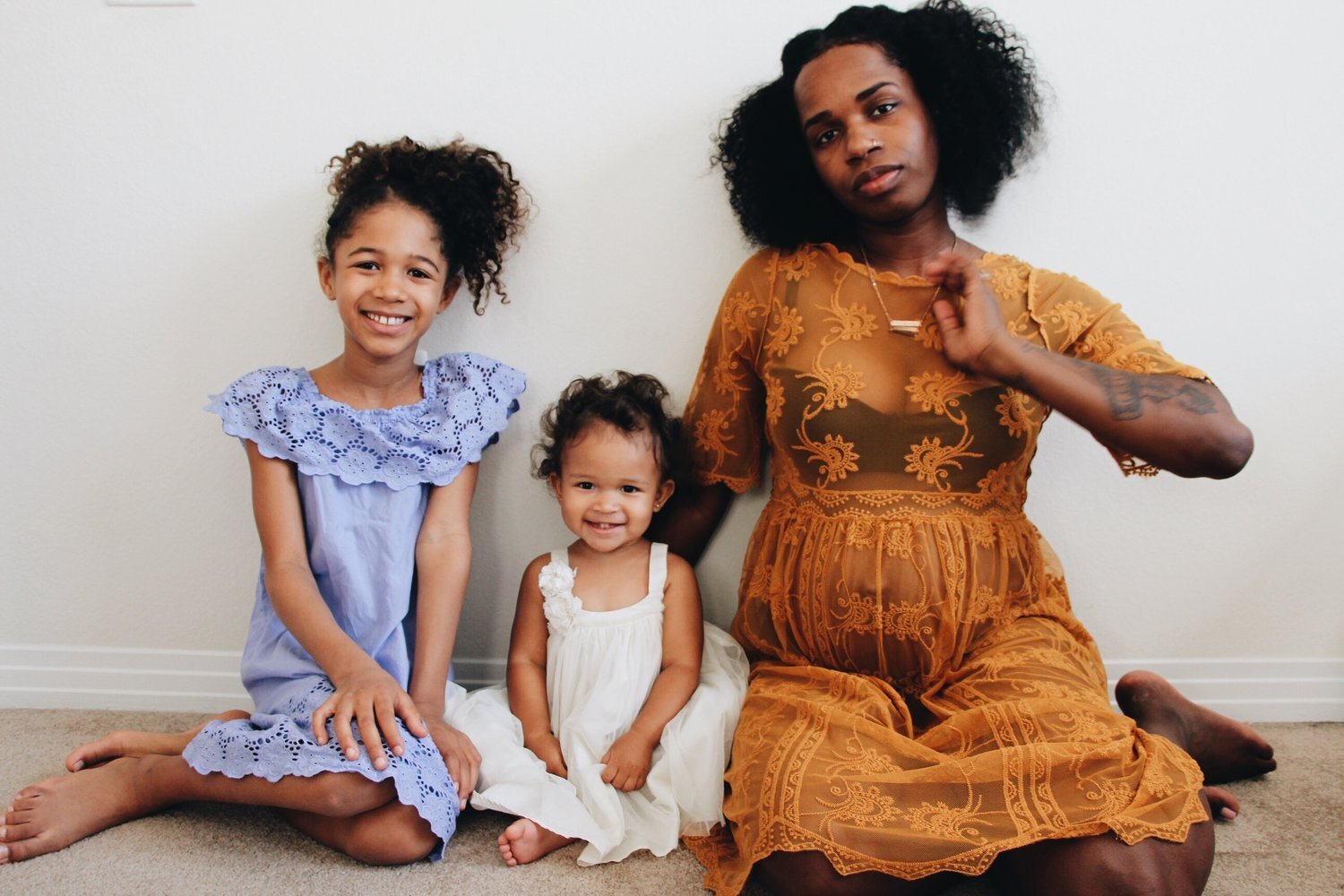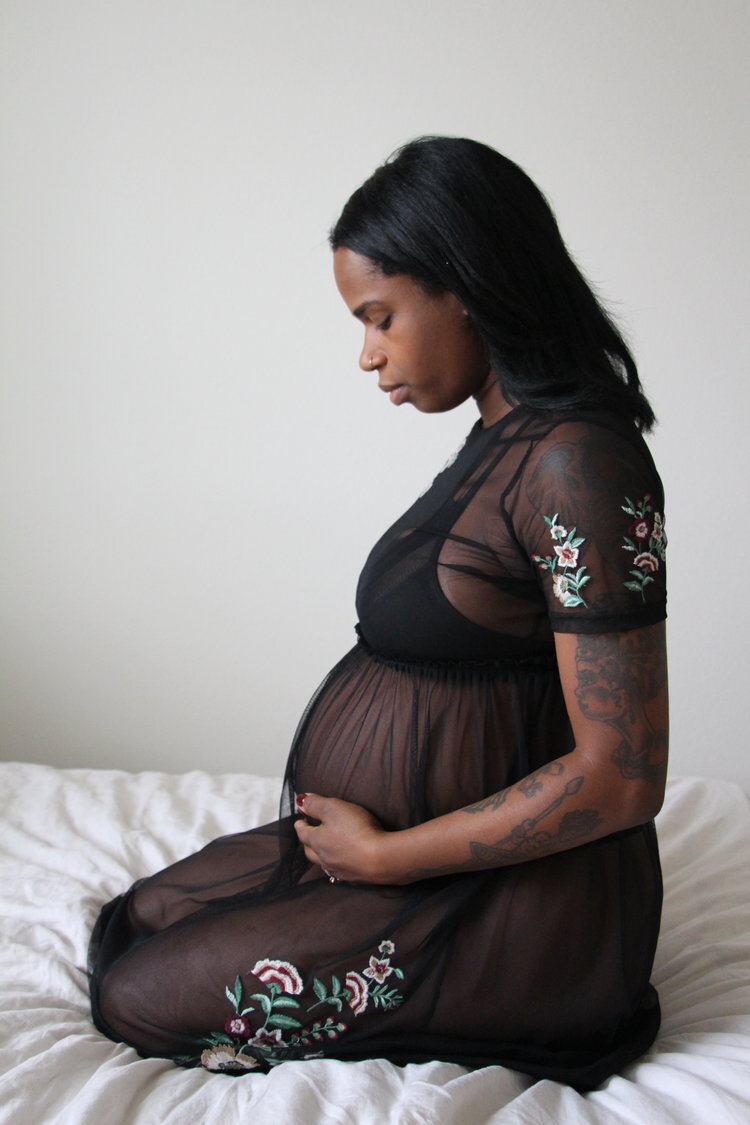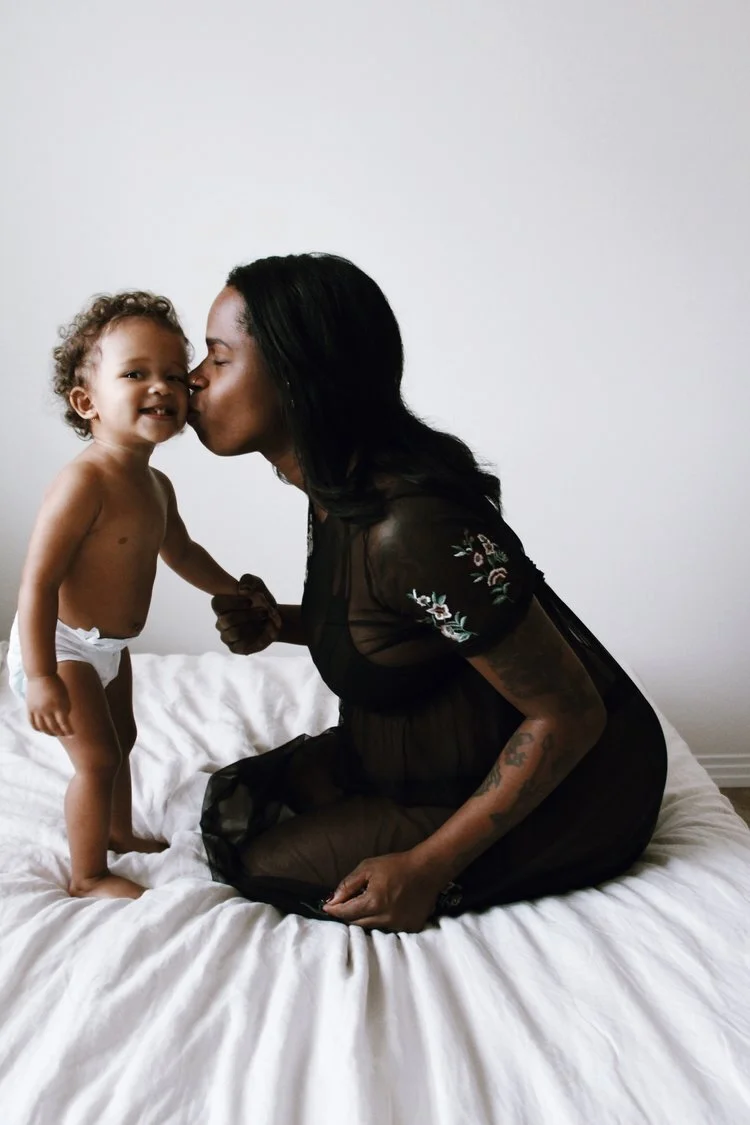Pregnant Before Her First Postpartum Period: An Oh Baby Interview
Many women are often surprised to learn that after having a baby, you can become pregnant again without actually menstruating first. This is because about 60% of women will ovulate before their first period postpartum. However, only about half of these women will have a long enough luteal phase to sustain a pregnancy after this first ovulation. The other 40% will have some sort of bleeding to indicate their first postpartum ovulation is approaching. Due to the wide variations of returning fertility, it can be very difficult to detect when ovulation occurs for the first time after giving birth.
So, what are your chances of conceiving?
Lactational amenorrhea is the suppression of a menstrual cycle due to the breastfeeding hormone, prolactin. While there are exceptions, exclusively breastfeeding on-demand both day & night, without using of bottles, pumping, or pacifiers usually suppresses fertility until baby starts solids. When these criteria are met, your chances of conceiving before first foods are introduced is about 2%, which is lower than the risk of a fertile woman conceiving using either hormonal birth control pill (8%) or male condoms (15%).
Certain practices have shown to extend lactational amenorrhea, including:
frequent nursing
lying down when breastfeeding
providing baby access to comfort nursing
co-sleeping at night
napping with baby
skin-to-skin
babywearing
keeping baby close
Fertility Awareness Method postpartum
Before having kids myself, I practiced the Fertility Awareness Method (FAM). It proved so reliable for me that it was the only method of ‘birth control’ (pregnancy avoidance) my husband and I used. With FAM I was able to closely monitor my fertility signs to both avoid pregnancy and then successfully conceive after we decided to begin trying.
The 3 main fertility signs to monitor are cervical mucus, basal body temperature, and cervical position. However, these can prove much more challenging to observe prior to your cycle returning after having a baby. Before your first period postpartum your hormones still "cycle" and fluctuate as they gear up for ovulation. Eventually they finally surge and drop enough for ovulation, then menstruation to occur. These fluctuations can cause seemingly fertile cervical mucus for several months without actually being fertile yet. Temperature reading are done first thing when you wake up in the morning. Although they're no longer accurate if you experience sleep disturbances, which is usually the reality for most mothers with young children. As for cervical positioning, it can feel different after having a baby and may be difficult to monitor until your cycle returns and you can familiarize yourself with your ‘new normal’.
An interview with Ashley Chea
Ashley Chea and I first met at an Ergobaby event in 2017. We each had our daughters with us and they were both 6 months old, born just days apart from each other. When I saw her at the same Ergo event this year, she shared that she was pregnant again with her third baby and that she conceived before the return of her first period postpartum. She was breastfeeding her 9 month old at the time, without the use bottles or pacifiers. She also slept with her baby and regularly wore her in a carrier as well.
How did you realize you were pregnant and how far along were you when you found out?
I didn't realize until I was about 4 months pregnant. I thought I was dying because I kept having migraines and feeling really sick. I went to the doctor to get an MRI and he said I was pregnant, not dying of a brain tumor like I thought. (I kept having headaches and getting dizzy, which is why I asked for the MRI.)
How old was your youngest when you became pregnant? Were you breastfeeding at that point?
My youngest was 1 year old when I found out I was pregnant, 13 months to be exact. I was still breastfeeding her and had no cycle, so it was a complete surprise.
Before your pregnancy was confirmed, did you have a suspicion?
Complete surprise for me because we weren't using contraceptives but we weren't trying to make a baby. I assumed that I was safe from getting pregnant because I was breastfeeding and had no cycle. That clearly isn't accurate.
Does this pregnancy feel quite different than your previous pregnancies?
It has been completely different from my other two pregnancies. I was sick morning and night until about 5 months. I started having severe pelvic pains early on and haven't been able to work out/exercise much at all. This has been my laziest pregnancy. I normally work out 5 times a week while pregnant up until the day I give birth. This time I have had to take it really slow and can barely go on walks without severe pelvic pain and pressure. It has been a very humbling experience for sure.
Prior to your own experience did you know that it was possible to become pregnant before your first period returned postpartum?
I knew that it was a small possibility but researched and it seemed rare. Especially if you aren't attempting to get pregnant (meaning avoiding that part of intercourse). The pull out method is obviously not a guarantee but I really thought it would work. We used the same method and our first two are seven years apart. So I was extremely surprised when I found out I was pregnant with my third.
{Note from Carley: Full transparency, this is the method my husband and I use too. I'm currently 20 months postpartum without the return of my cycle and I peed on a pregnancy test immediately after reading Ashley's story. As in, packed the kids into their car seats and drove directly to the store. (It was negative.)}
Thank you so much for sharing Ashley! You can find Ashley on Instagram at @watermeloneggrolls and her blog.




